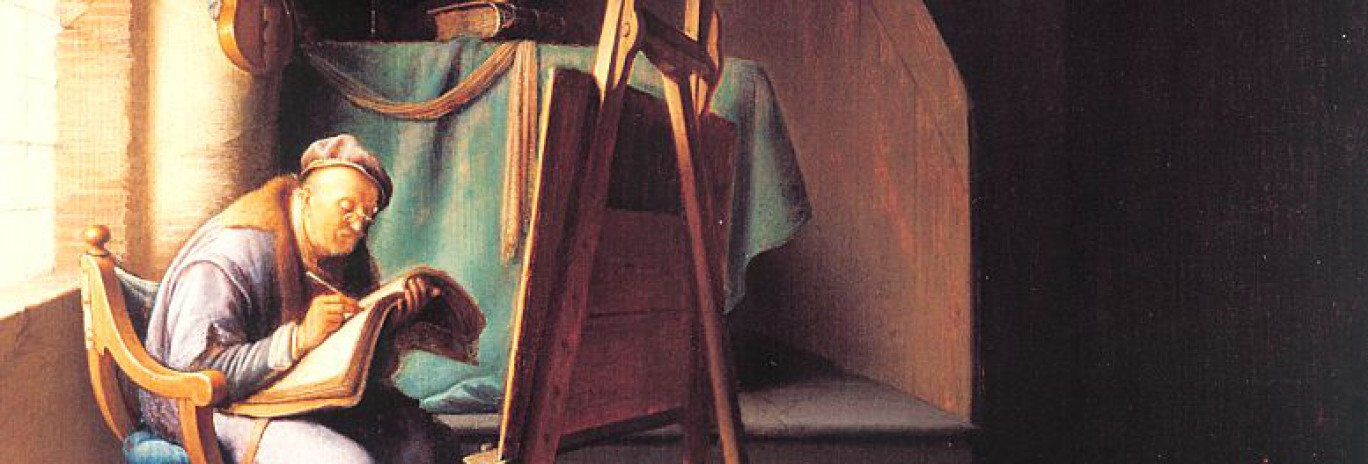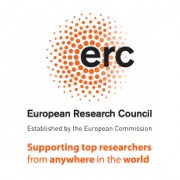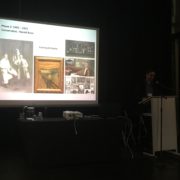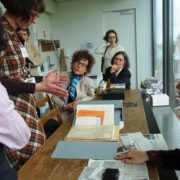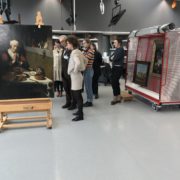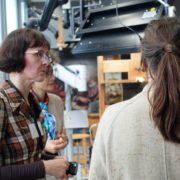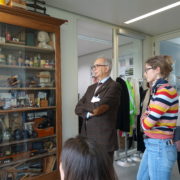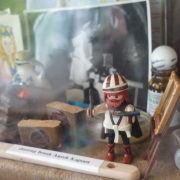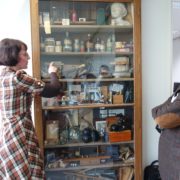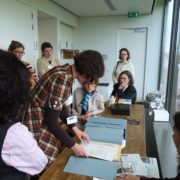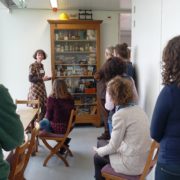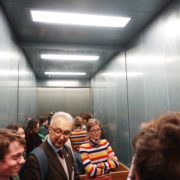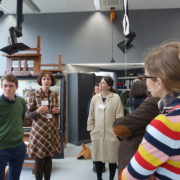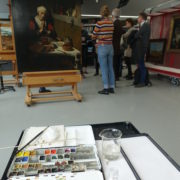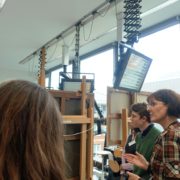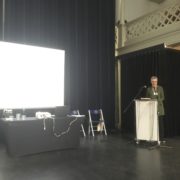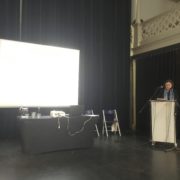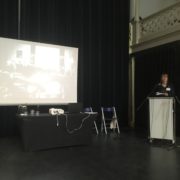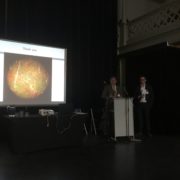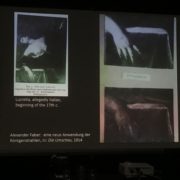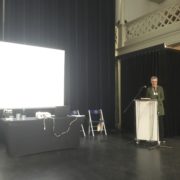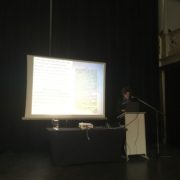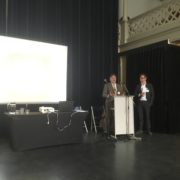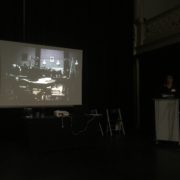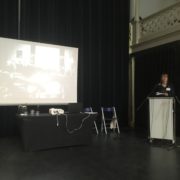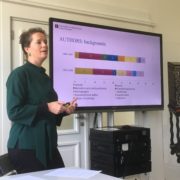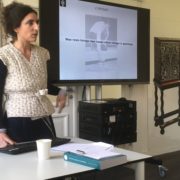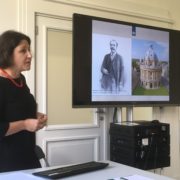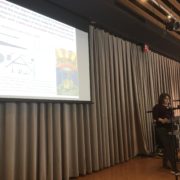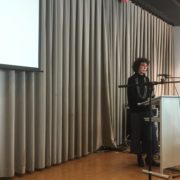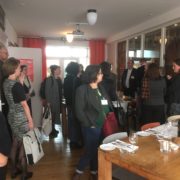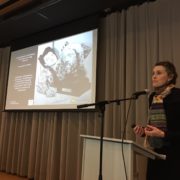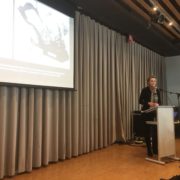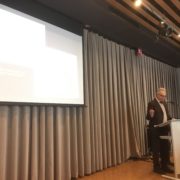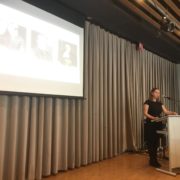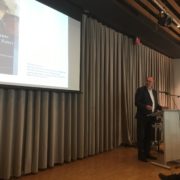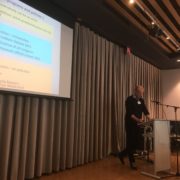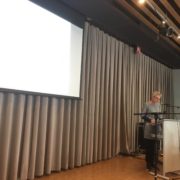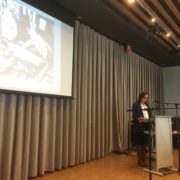Workshops
The Making of Art Expertise Conference
Organisation: Sven Dupré, Jenny Boulboullé, Jill Briggeman, Esther van Duijn and Mariana Pinto
Institutions: Utrecht University, University of Amsterdam, NICAS and Rijksmuseum
Date: 8, 9 and 10 May 2019
Locations: UCK, Utrecht and Rijksmuseum Ateliergebouw, Amsterdam
This conference focused on the development of a science-based conservation practice and the emergence of art history as a ‘science of art’ (or Kunstwissenschaft) in the nineteenth and twentieth centuries (1850-1950). New approaches were developed to address technological aspects of ancient artefacts and Renaissance art works based on philological and chemical research that complemented and challenged traditions of connoisseurship. Grounding the technical analyses of art works within scholarship of historical source texts and scientific analyses went hand in hand with attempts to claim a position for art history within the emerging disciplinary landscape of university taught sciences (Wissenschaften). In addition, new editorial series and journals appeared that were devoted to past and present technologies in the arts or to art technological source research (e.g. Technische Mitteillungen, Wiener Quellenschriften). Assessments were conducted by committees whose members represented diverse and changing fields of expertise, including artists, chemists, collectors, museum professionals and administrators, while collaborations between conservators and chemists also helped in the decision-making process for the conservation treatments of deteriorated objects. The establishment of museum laboratories in the late nineteenth and early twentieth centuries had an influence in the professionalization of conservation as a discipline. How was knowledge in conservation transmitted? How did developments in science and technology impact teaching in art history and conservation? And which scientific methods were used for the study and teaching of art history? This conference investigated emerging cultures of expertise in the period between 1850 and 1950 and the collaborations and conflicts between conservators, chemists and art historians, to understand who was considered an expert in the arts, and for which reasons. It has shed new light onto the disciplinary formation of art history and the professionalization of conservation.
Download all abstracts of the speakers HERE.

